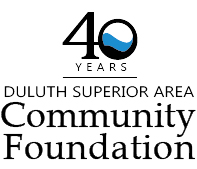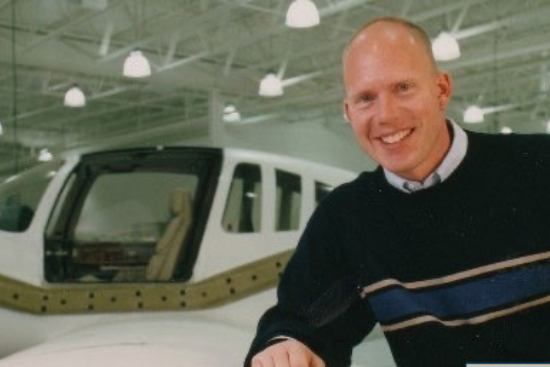Scott Anderson is one of my heroes.
Years ago, I read his book, “Distant Fires,” about his paddle trip retracing the famous 1930 Eric Sevareid journey from Duluth to Hudson Bay. I loved it. My youngest child, Mercedes, and I paddled 225 miles of the same route last summer—a trip I will cherish forever.
Anderson’s joy, wisdom and passion for life shone through in his book and beyond. In 1999, he died tragically at age 33 while test-piloting a Cirrus SR20 jet in Duluth.
His family and friends determined to continue his memory and legacy by establishing the Scott Anderson Leadership Foundation here at the Duluth Superior Area Community Foundation. Each summer, dedicated teachers and volunteers come together as the Scott D. Anderson Leadership Forum to spend a week with 110 high school students from area schools.
The forum helps the students explore and develop their leadership skills. They focus on training in servant-leadership principles as well as values applied across leadership opportunities in their schools and communities.
I had the privilege of visiting the College of St. Scholastica, which graciously hosts the forum each summer, to experience the energy and spirit of this beautiful work. I lucked out and caught “Leading with Civility and Kindness,” a session by Bill Zwak, a Duluth high school teacher.
I watched as he led the group through a conversation that I think every high schooler—and adult—in America should hear. I wondered what our world could be if we all followed Zwak’s urgings to lead with civility and kindness and to encourage and work for shared good instead of tearing down and forming warring factions.
Around the room, the kids attached signs and quotes on the walls. One said, “Courage to try,” a call that flows straight from Anderson’s life and legacy. Later, the leaders assigned each student a physical challenge, such as blindness or being in a wheelchair. The leaders pressed the students to experience living how so many others live—but how not enough of us consider.
I left the forum grateful for Anderson, for the people who keep his memory alive and, above all, for the students who show up ready to learn and grow. We need these young people to become all they can be and to muster the courage to try in the face of temptation to feel overwhelmed and lose hope.
Bryan Stevenson, another of my heroes, in his “4 Rules for Achieving Peace and Justice,” says, “You must affirmatively work on protecting your hope.” Similarly, noted psychologist Shane Lopez says, “Hope is the belief that the future will be better than the present, coupled with the belief that you have the power to make it so.”
That’s what the Scott D. Anderson Leadership Forum does. It engages young people in building hope and helps develop their skills to improve the future. It is such good work, and I’m grateful we can help support it.


